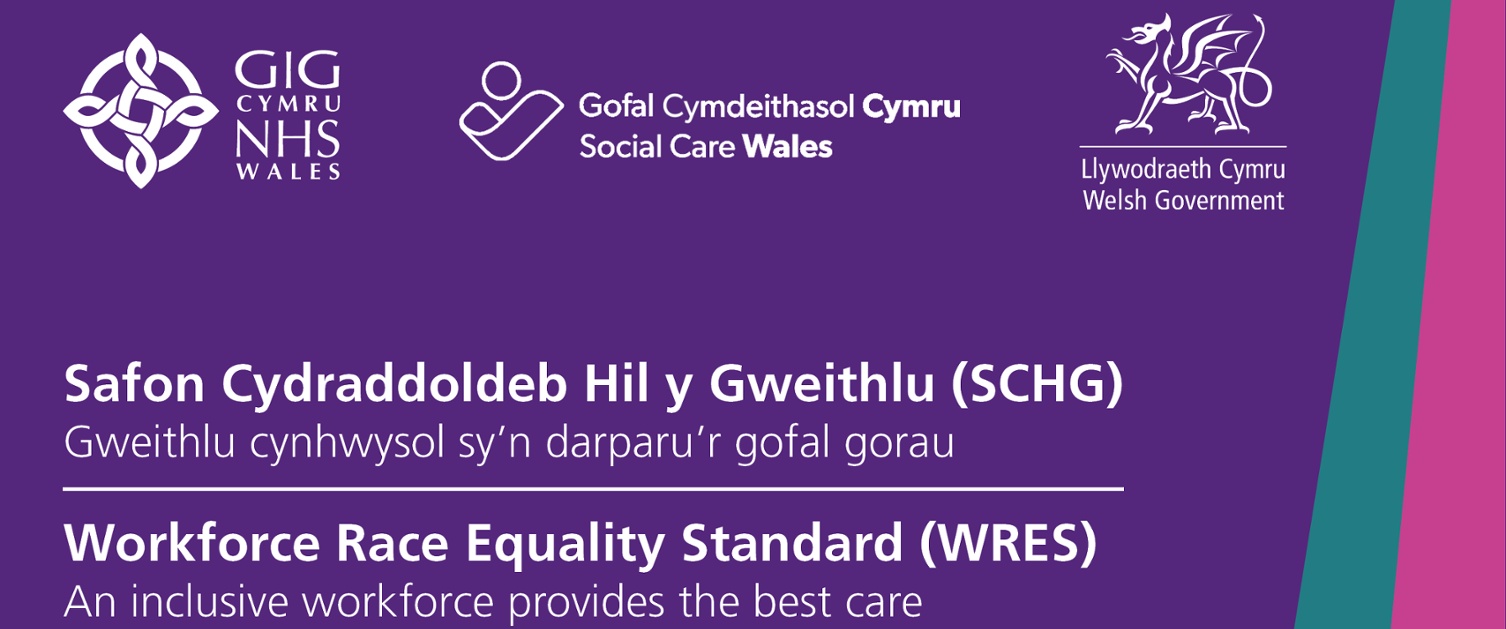Learning from others
The Evidence
NHS Wales organisations are committed to being learning organisations’ and look to develop capacity to improve, including exploring best practice both internally and externally. Globally, organisations are seeking ways to improve inclusivity based on ethnicity data, and we can learn from those who have taken positive and proactive approaches in addressing ethnicity disparities.
Leadership & Representation
The experience of Walmart (the third largest employer in the world) demonstrates how inclusive recruitment and promotion can be achieved. Through a data dive they identified that although 20% of their employees were Black, they only accounted for 6.6% of senior company officers. Identifying that this was due to lack of required qualifications for promotion and the prohibitive time commitment and cost needed to obtain these – an initiative to support staff gain these skills yielded 20% percent higher retention rate and 88% greater likelihood of promotion for Black program participants versus nonparticipants.
Personal Development and Training
Evidence from Cornell University's School of Industrial and Labor Relations demonstrated that mentored (compared to non-mentored) staff had increased promotion and retention rates for minorities and women from 15% to 38%; mentoring also boosted minority representation at the management level from 9% to 24%. A further example, at BAE Systems, senior staff develop a personal action plan with attached accountability, and these leaders have been shown to hire 15% more women and ethnic minority individuals.
Discipline & Capability
The British Medical Journal (BMJ) reported that creating independent panels to review anonymised case information before staff are formally referred to regulatory bodies has helped to reduce the disproportionate rate of referrals of ethnic minority colleagues in 78% of organisations.
Bullying, Harassment and Discrimination
Uber has spearheaded setting EDI goals, and publicising these with a timeline and accountable individual. Within 3 years there was a 35% increase in representation of women at senior level and a 14% increase in all ethnic minority employees at the intermediate and senior level.
Why does this matter?
All this matters because the impact of greater inclusion has been shown in countless studies: for example, diverse organisations were 25% more likely to have above-average profitability. Also, diverse teams made better and quicker decisions which brought better results 60% of the time. Additionally, diverse organisations are 70% more likely to innovate and expand to new markets.
The evidence shows that organisations who take value diversity in their workforce and use data to drive change, can improve workforce outcomes, innovation and the experience of those who access their services.
